Words We Use Every Day That Are Actually Brand Names
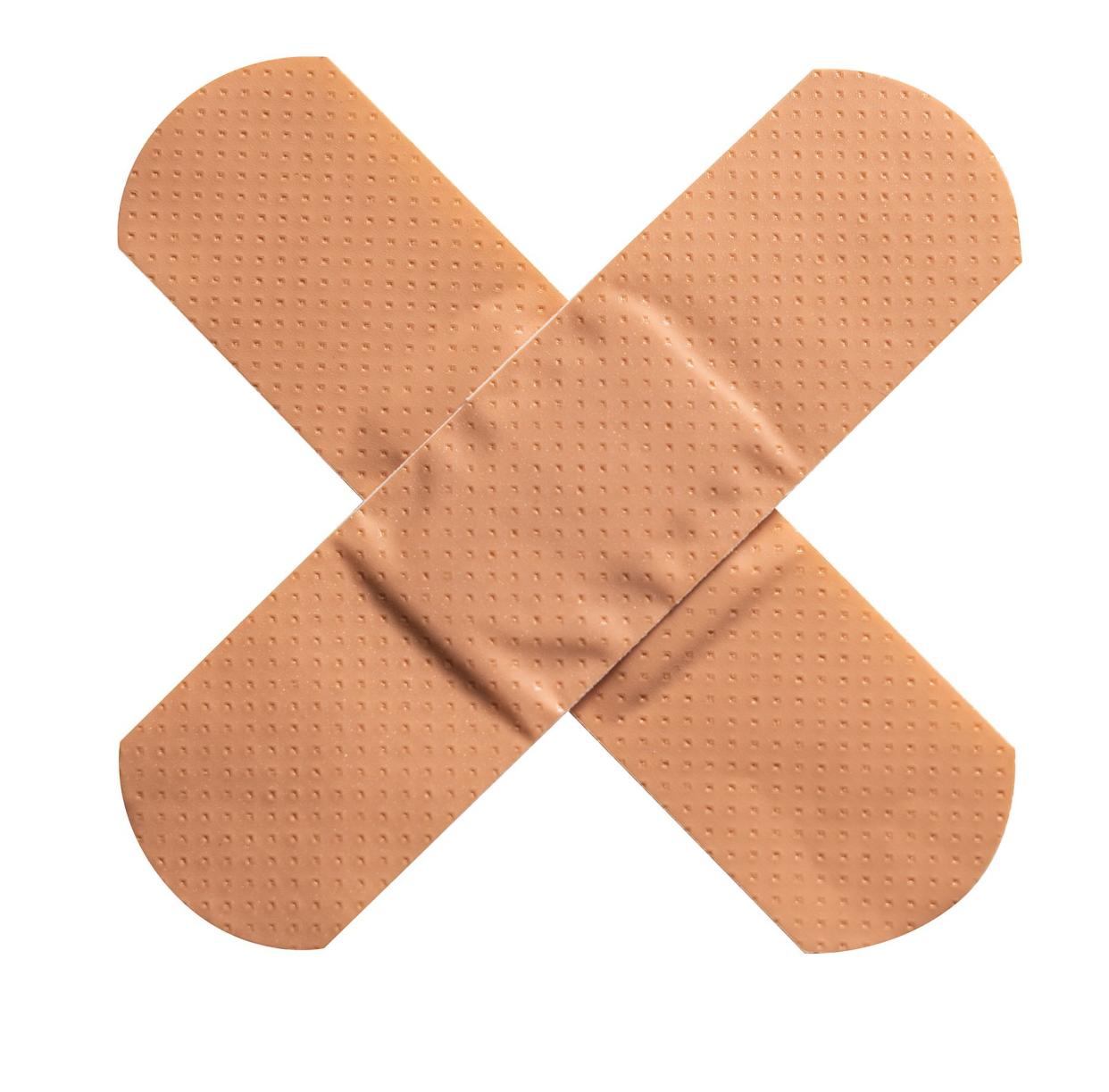
Too Much of a Good Thing
Every company aspires to be a household name, but some iconic brands have become synonymous with an entire category of products. It might seem like a great problem to have, but that can leave a brand fighting for its life because of "genericide" — that is, when a brand name is so ubiquitous, it's become a generic term. That can leave companies vulnerable to having their trademark canceled, and let competitors swoop in to use the famous name. We've rounded up a couple dozen brands that might need to watch their backs, because they've become part of our daily lingo.
Juliet Bennett Rylah also contributed to this story.

Frisbee
While most of us apply this name willy-nilly to any flying plastic disc, Frisbee (itself named after a pie company whose pans turned out to be eminently tossable) remains a trademark of Wham-O. The company, which first produced the toy in 1957, was still tirelessly defending its trademark as late as 2019, going after online counterfeiters in a $2 million lawsuit.
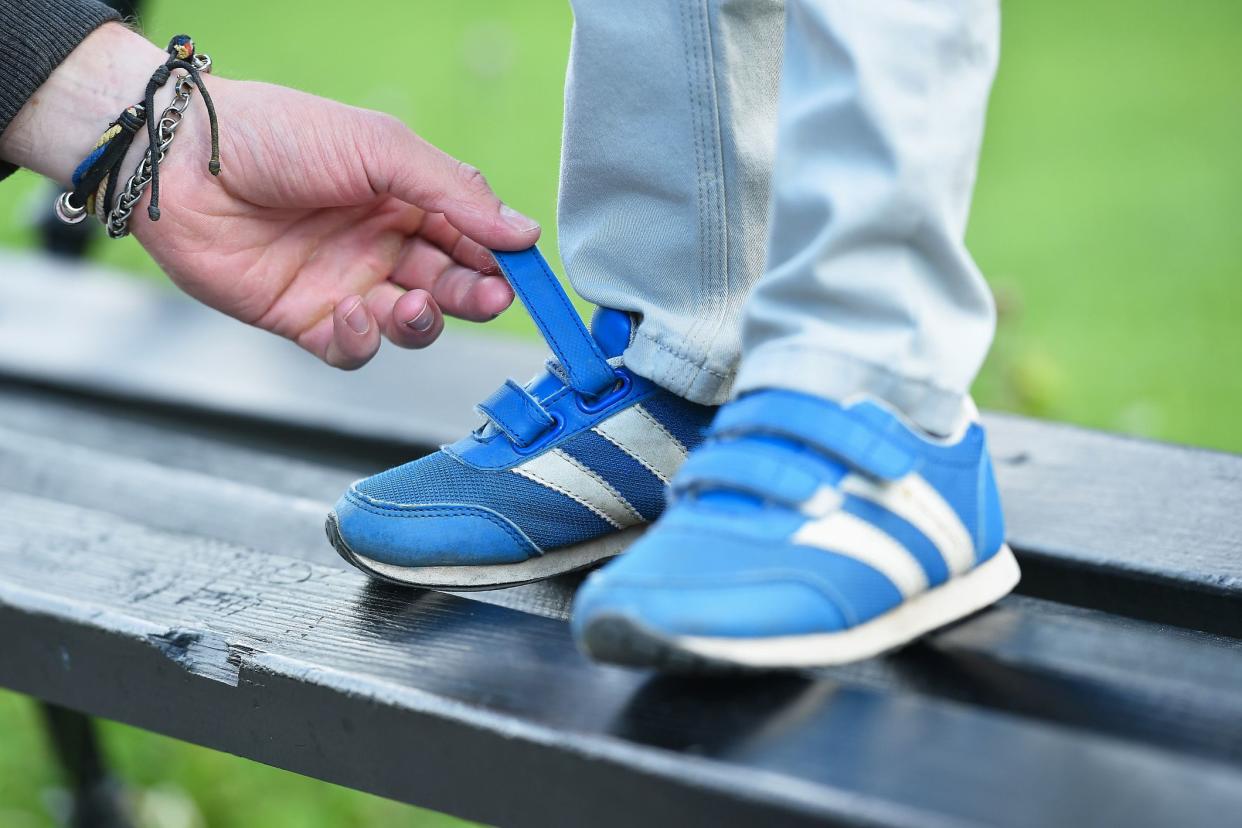
Velcro
When's the last time you told a child that they needed to redo the hook-and-loop fastener on their shoes? Never? You're not alone. "Velcro" has become synonymous with the ubiquitous spiky, fuzzy strips, but the Velcro company still holds the trademark and is very much committed to protecting it. So committed, in fact, that in 2017, it released a video of its lawyers hilariously begging people not to use the term generically so that other companies don't get the go-ahead to start using the name.

Have a burning question? Just Google it. Or don't, actually, because that weakens Google's trademark. Rather, "search the web" and let the tech giant's lawyers breathe a sigh of relief. For now, anyway, Google is safe. According to the legal trade magazine ABA Journal, a federal appeals court ruled in 2017 that the term was not generic enough to lose its trademark because consumers don't yet use the term as a catch-all for all search engines.
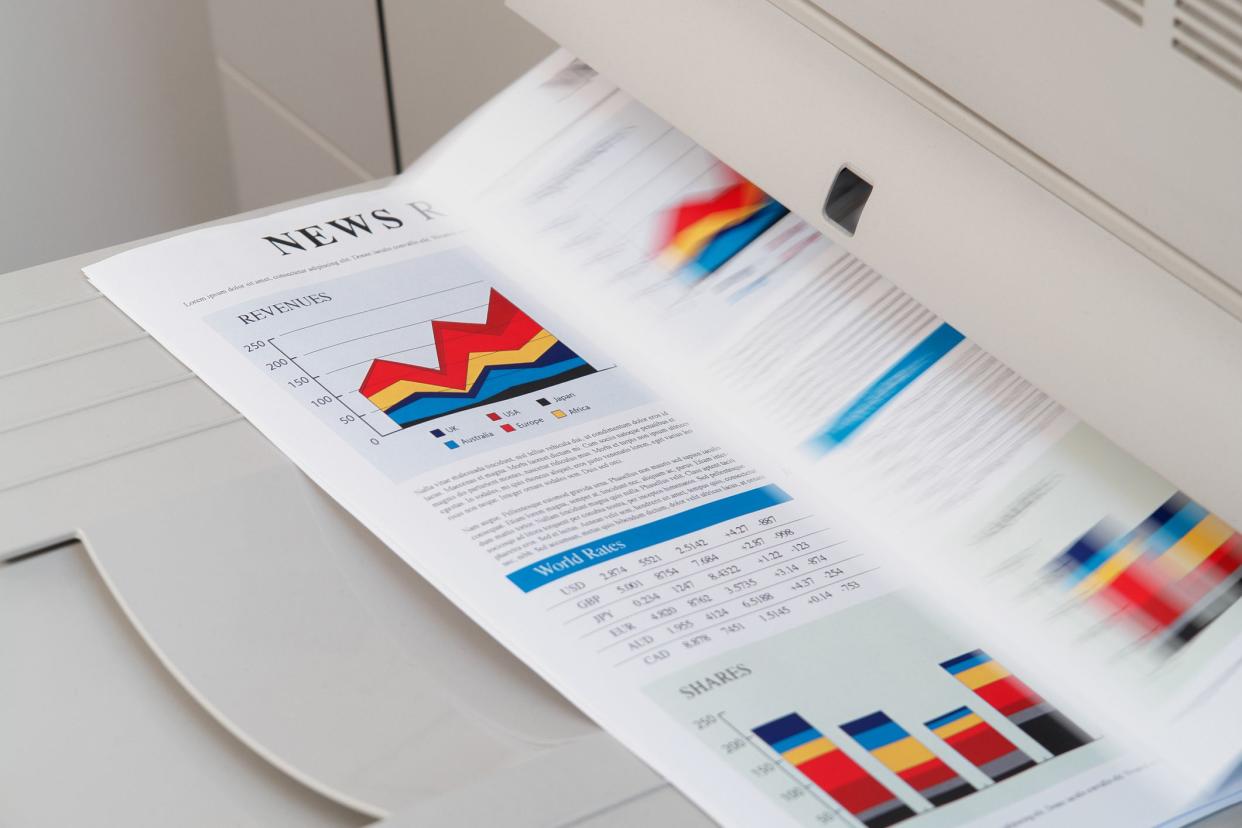
Xerox
Add Xerox to the list of brands that have made a public plea for people to stop using the name incorrectly. In an expensive print ad campaign, the company compared its own plight to that of the zipper and aspirin — formerly trademarked but now so popular that they've become generic terms any company can use. So remember, office dwellers: You need to go make a photocopy, not a Xerox.
For more fun trivia, please sign up for our free newsletters.

Kleenex
If you've got a runny nose, make sure you're really reaching for Kleenex — that is, the contents of a box proudly bearing the Kleenex logo. Otherwise, a lawyer from the Kimberly-Clark Corp. may slap your hand and instead offer you a tissue. In its long fight to keep its trademark, it has reminded consumers: "You don't need a Social Security number to get your identity stolen. When you spend nearly a century building a name that people know and trust, the last thing you want is people calling any old tissue a Kleenex tissue."

ChapStick
Those dry, cracked lips may be crying out for some ChapStick ... or is it lip balm? ChapStick remains a registered trademark of Pfizer, the pharmaceutical giant behind a number of the most notable name-brand medications. The fact that the term has become so generic has to be especially irksome to its legal team, considering ChapStick at first couldn't become a registered trademark because it was considered "merely descriptive" of the product — that is, a stick of lip balm for chapped lips.

Band-Aid
Ouch! Should you slap a Band-Aid on that cut finger or skinned knee? Only if you're holding a Johnson & Johnson product in your hand. Otherwise, that's just any ol' adhesive bandage. One of the ways Band-Aid has successfully defended its good name: by expanding its product line. For instance, its website now lists not only bandages but gauze pads, antiseptic wash, water-blocking tape, and blister cushions.
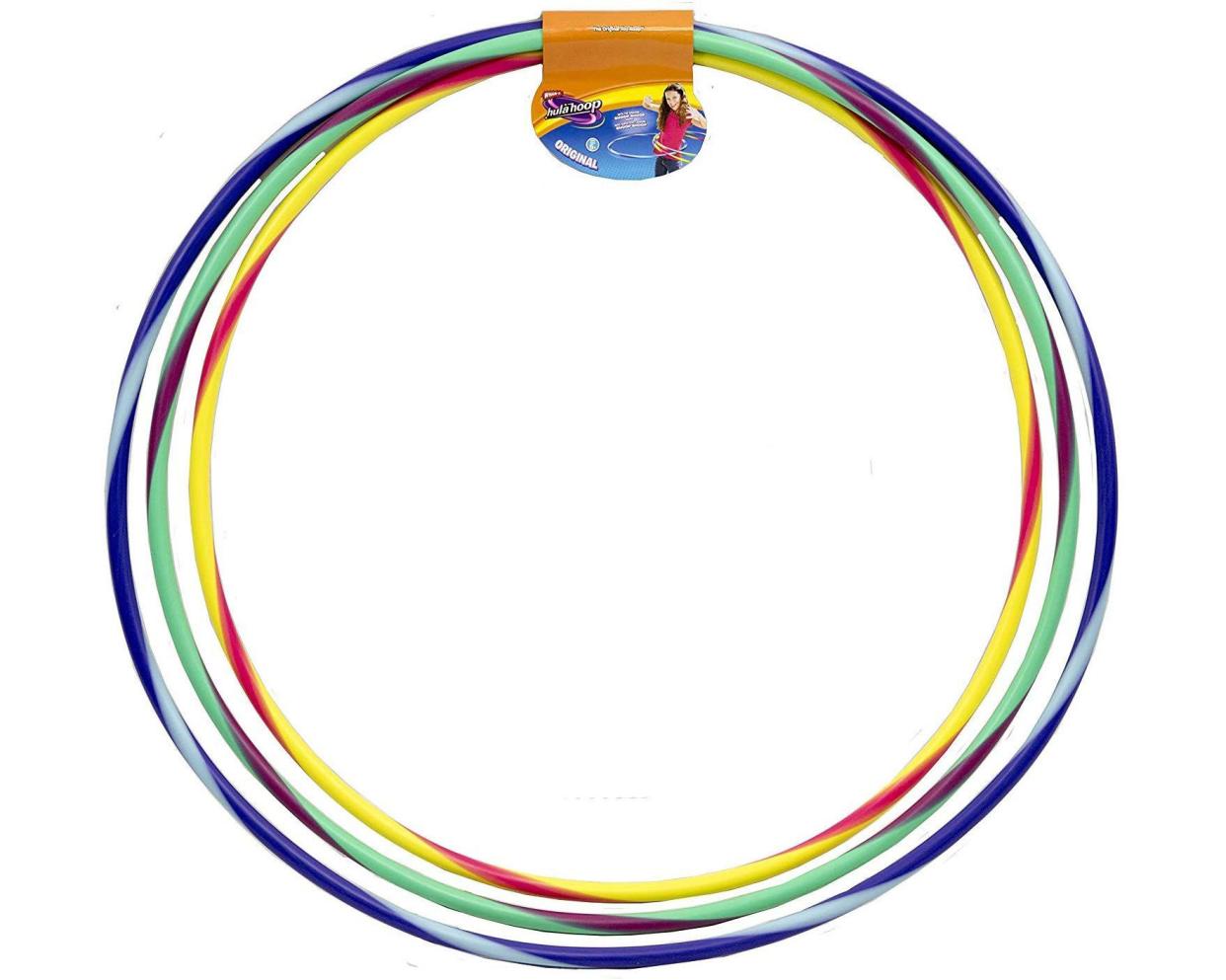
Hula-Hoop
Take a Hula-Hoop for a spin if you want some old-fashioned fun, or even a calorie-burning workout, perhaps. But unless that hoop is made by Wham-O, the same company that also lays claim to Frisbee, it's simply a plastic toy hoop. The company has protected its Hula-Hoop trademark as zealously as it has the one for Frisbee, fighting off another firm that it said was deliberately trying to strip Wham-O of important trademarks so that it could buy the company on the cheap.

Jell-O
Those colorful cubes wiggle and jiggle, but unless they come from a box bearing the logo of Kraft Foods, they're a gelatin dessert — not Jell-O. In fact, Kraft successfully lobbied for the removal of a "Mello Jello" brand of ice cream from the trademark registry in 2015. Why another company would try to capitalize on the mark is understandable: The company boasts 99% brand recognition in the United States, according to Mental Floss.
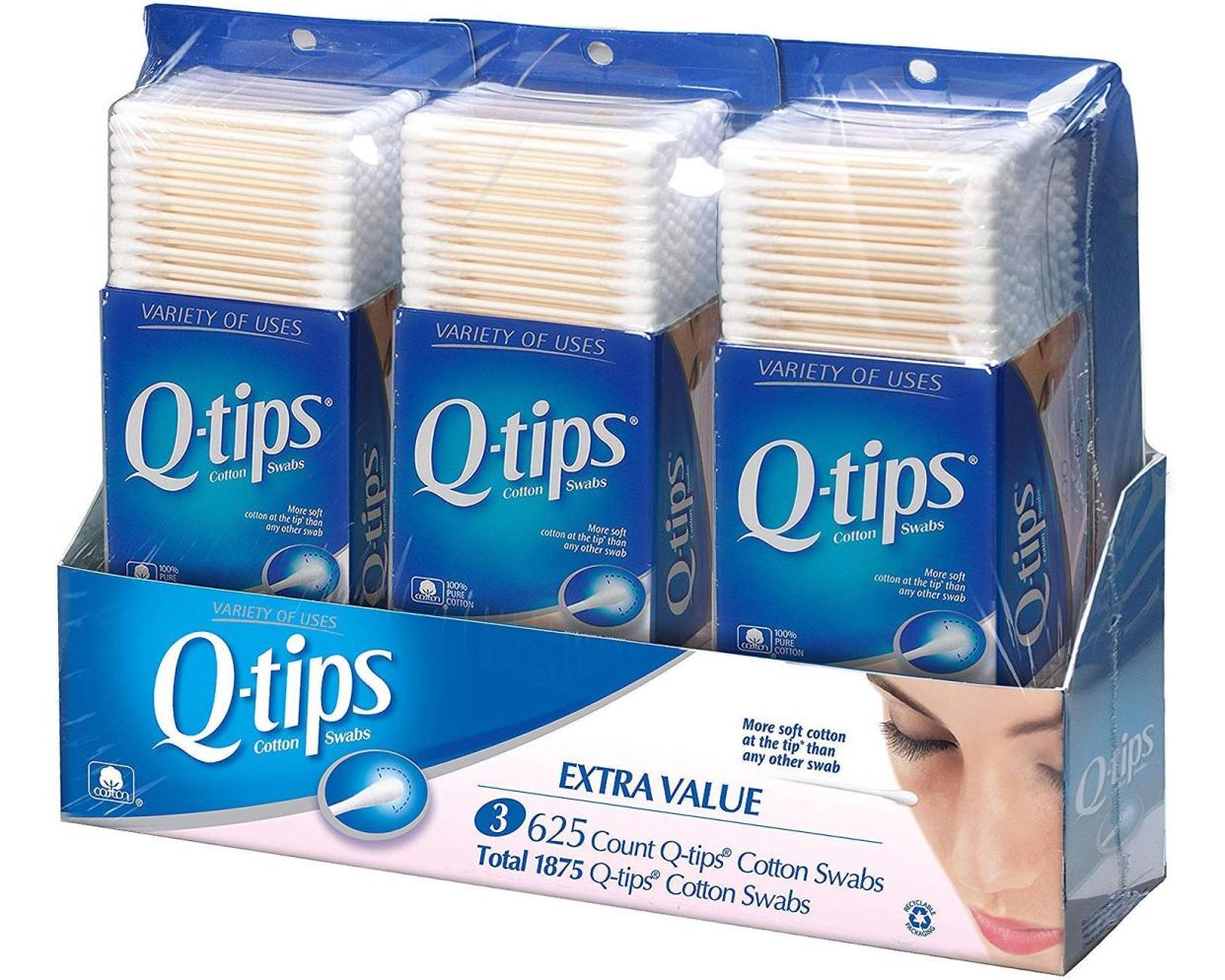
Q-tips
Quick: What do you use to oh-so-gingerly clean your ears of waxy buildup? If you said "Q-tip," the box better bear the iconic blue-and-white logo trademarked by Unilever, which acquired the company that makes Q-tips back in 1987. Otherwise, chances are your satisfying post-shower swipe was courtesy of a generic cotton swab. As the company says on the bottom of the brand's website, Q-tips "is a registered trademark of Unilever and is NOT a name of just any cotton swabs."

Styrofoam
Shockingly, you've never actually taken a swig of coffee from a Styrofoam coffee cup or eaten leftovers from a Styrofoam food carton. Dow Chemical trademarked the brand in 1949, and while Styrofoam is now sold by DuPont, it's exclusively used for foam insulation and sheathing. As a company representative once told The Washington Post, "We don't really know why everyone wants to land on the name Styrofoam." So next time you crack open those leftovers, remember that you're actually using polystyrene.
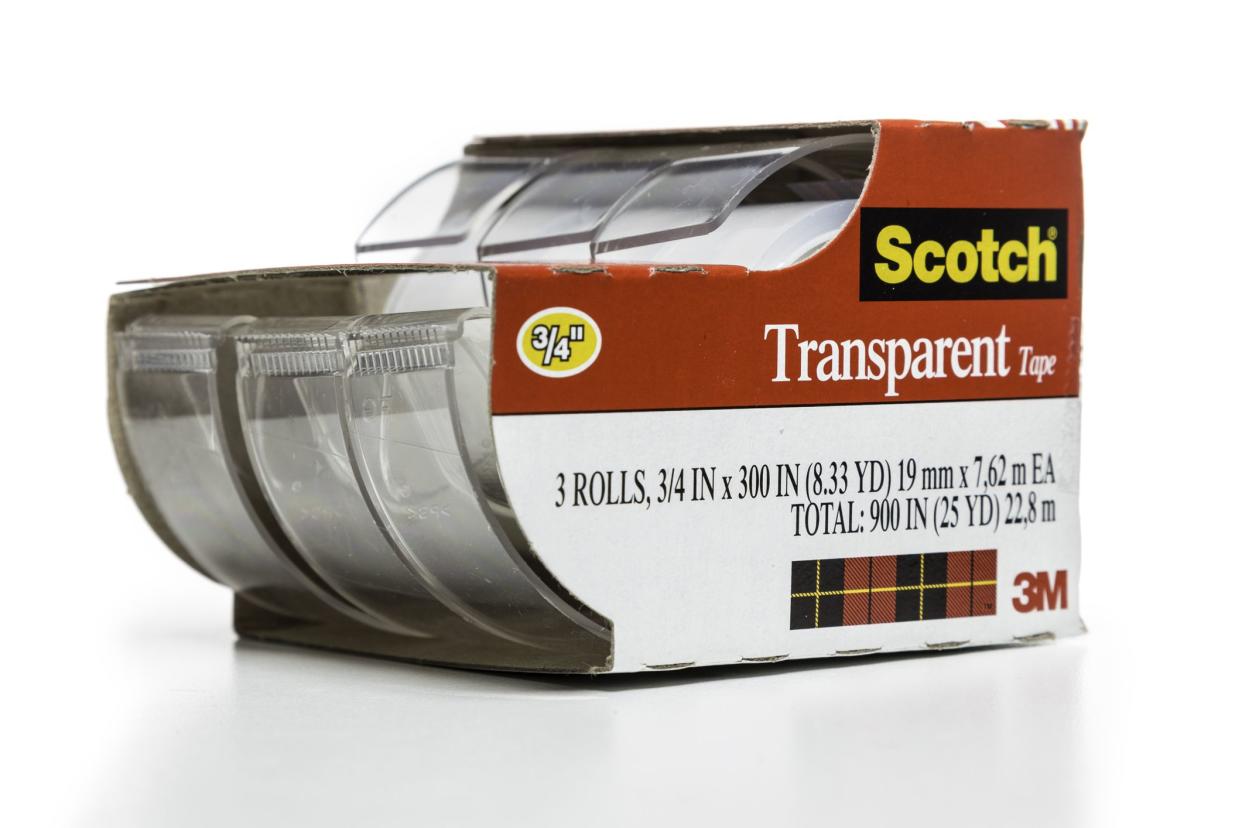
Scotch Tape
You use it to repair torn documents, make crafts with kids, stick postcards on the wall, wrap gifts, you name it — just don't call your transparent adhesive tape "Scotch" unless you've got a roll of Scotch Magic Tape (look for the iconic plaid packaging), trademarked and manufactured by 3M. What makes up the company's most well-known product is a closely guarded secret, although that didn't stop Wired from taking a guess (hint: there's probably silicone in there).
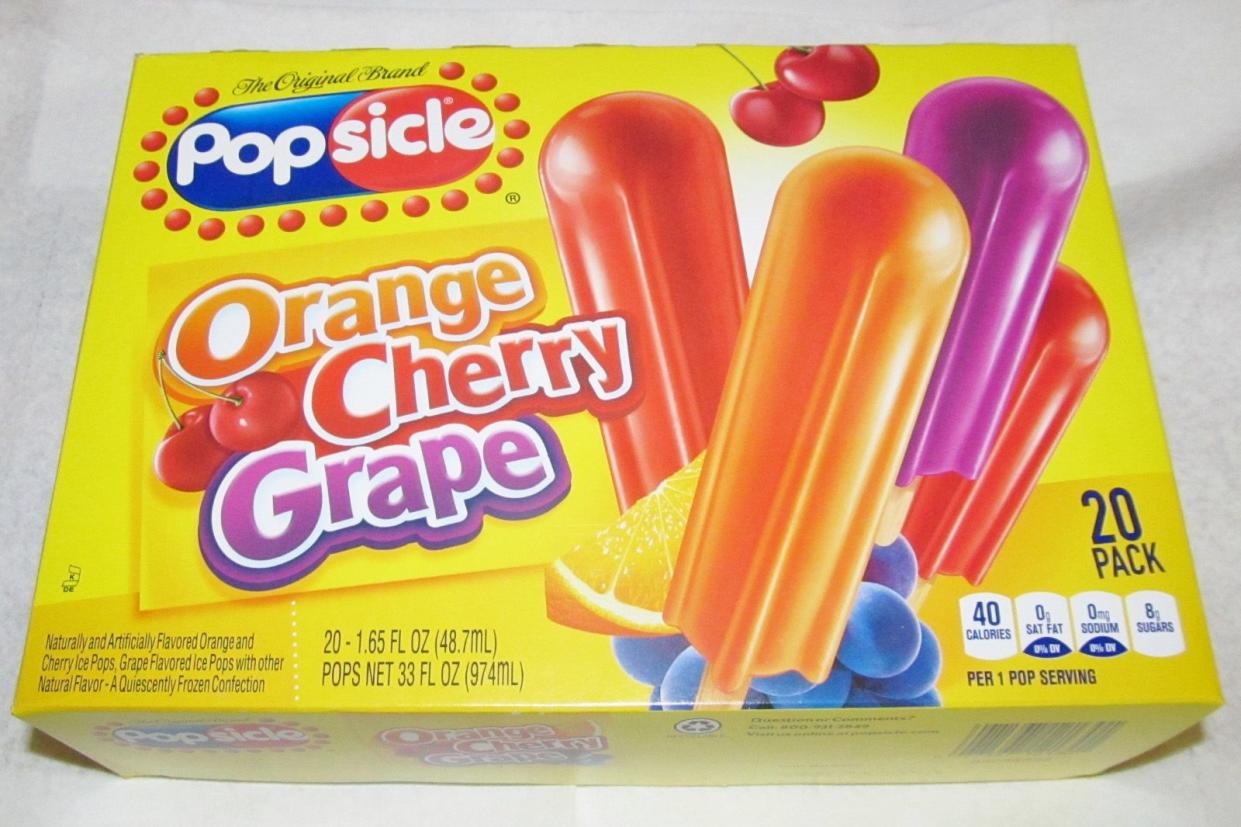
Popsicle
Indeed, you can't call any old frozen treat on a stick a Popsicle. The name is trademarked by the Unilever-owned Popsicle company, which traces its roots back to 1905, when an 11-year-old left a cup of soda with a stirring stick on his porch, only to find it frozen the next morning. The company used to maintain an entire webpage to educating the public on how to use the term "Popsicle" correctly — for instance, never as a noun, never in plural or possessive form, and always with a generic modifier such as "ice pop."

Bubble Wrap
Pop. Pop. Pop. It's oh-so-satisfying to poke those tiny air-filled bubbles, but the Bubble Wrap name applies only to sheets of the protective packaging manufactured by the trademark holder, the Sealed Air Corp. Otherwise, you're playing with a sheet of, er, inflated cushioning. Fun fact: Bubble Wrap was originally meant to be wallpaper and even greenhouse insulation before a marketer hit on the idea of using it for packaging instead.

Crock-Pot
One quick look at Crock-Pot's website tells you the brand is committed to distinguishing its brand from other slow cookers. "If it doesn't say Crock-Pot, it's not the original," reads a tagline up top — a slogan that itself is trademarked. Perhaps the good folks at Crock-Pot should have taken pains to show that it was a generic slow cooker, not a Crock-Pot slow cooker, that in 2018 started a house fire on the popular NBC show "This is Us" (and touched off a subsequent PR nightmare for the brand).
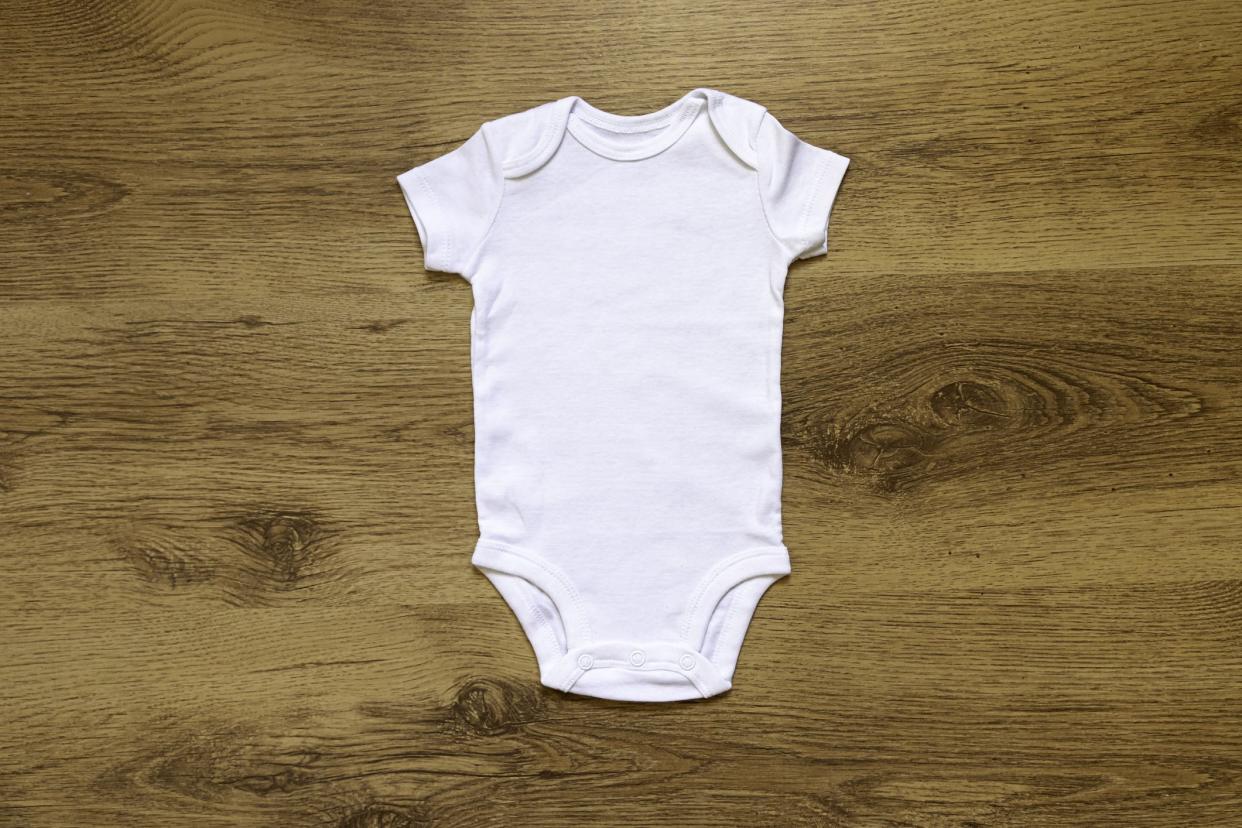
Onesie
There would be a lot more naked babies out there if it weren't for the Onesie, but don't mistake this for a generic term. Trademarked by Gerber (yep, the same one that manufactures all those little jars of pureed prunes and pears), the term is often used for any stretchy bodysuit with snaps at the crotch. But beware: As the company points out on its website, it's "aggressive in protecting our trademark" and has even gone after moms who have sold homemade Onesies — er, bodysuits — on Etsy.
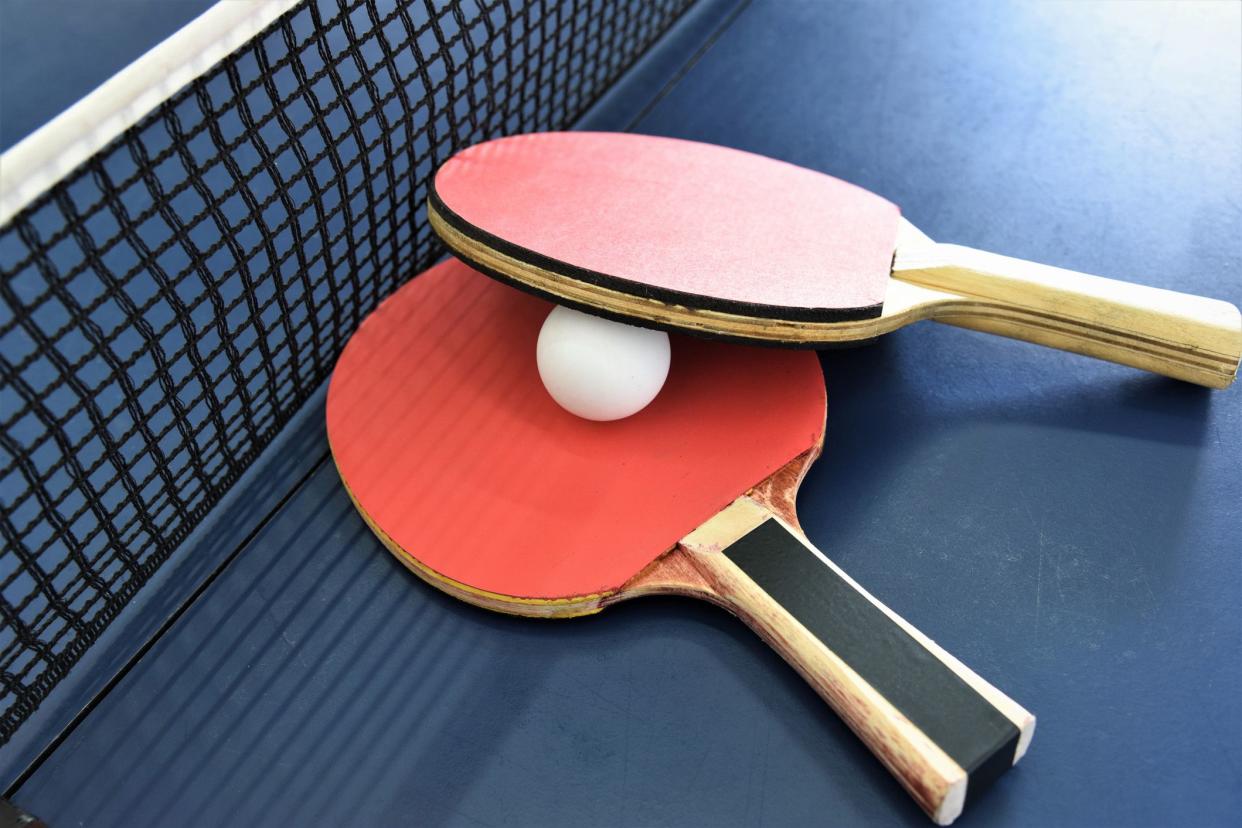
Ping-Pong
It might be found in basements and rec rooms across the nation, but this ubiquitous paddle-and-ball game was originally trademarked by Parker Brothers, makers of Monopoly and so many other family-friendly diversions. If you still feel silly calling it table tennis, take heart: Table tennis is an Olympic sport, and Ping-Pong — a term somewhat scorned by the sport's athletes — definitely isn't.

Saran Wrap
Dow's first direct-to-consumer product, Saran Wrap is another brand that has been a victim of its own success, becoming synonymous with any sort of plastic cling wrap. Today, the brand is a product of SC Johnson, which is also behind other big names such as Windex, Pledge, Glade, and many more. In Japan, where even individual vegetables may be covered in the stuff, the trademark is held by Asahi Kasei.

Sharpie
Altered hurricane maps aside, Sharpie has long been in the spotlight as the most prominent brand of permanent markers, and the name was trademarked by pen and marker manufacturer Sanford. Today, that company is under the Newell Brands umbrella, and Sharpie's famous siblings include Elmer's, Graco, and Rubbermaid. Of course, Sharpie's dominance of the marker market has made it a target for copycats, often churned out by Chinese companies that seem unfazed by cease-and-desist letters. Anyone got a spare Skerple?
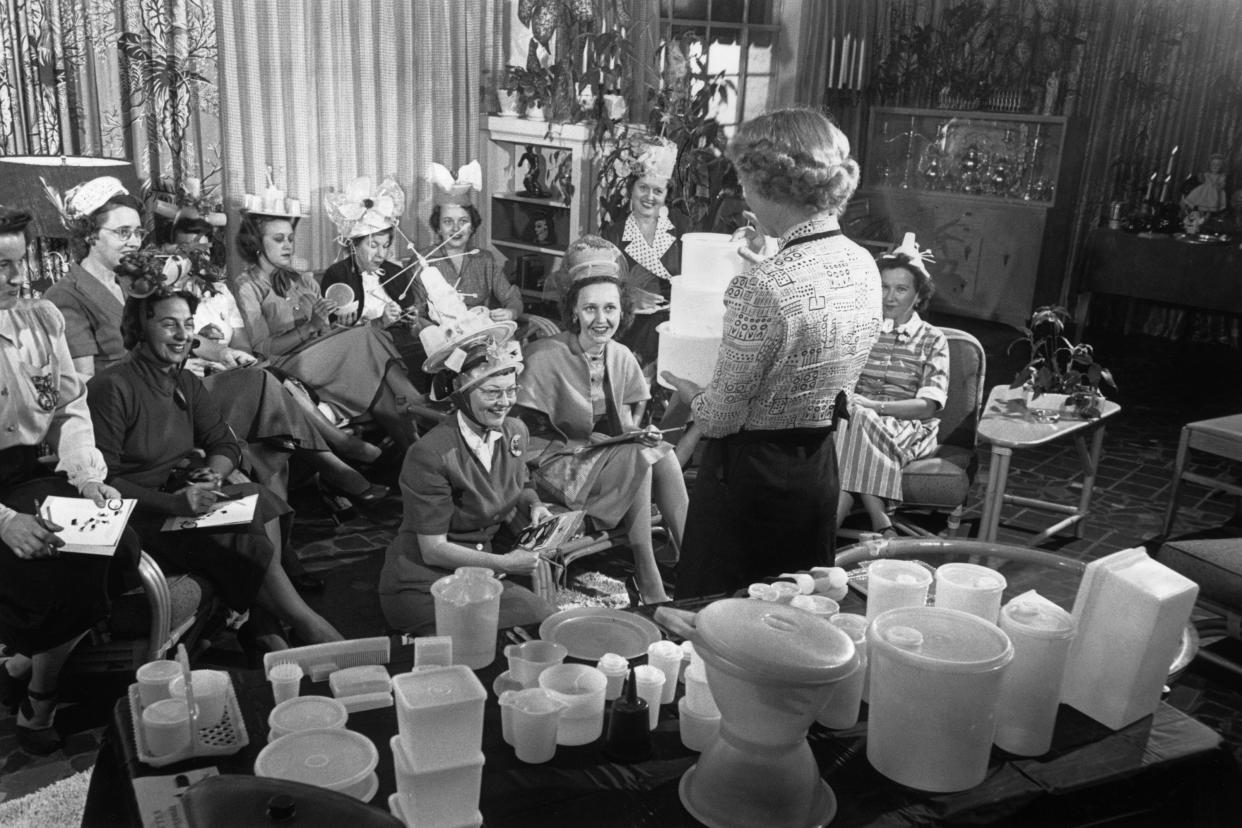
Tupperware
"Reusable food storage container" is a mouthful, but chances are slim that you actually have Tupperware in your cabinets unless you specifically sought it out — the iconic plastic tubs are still sold mainly through independent consultants who throw Tupperware parties. The parties peaked in the United States in the '50s and '60s, but that doesn't mean the Tupperware empire is defunct; it's now sold in more than 100 countries including Indonesia, its largest market.

Jacuzzi
If you're lucky enough to have some form of whirlpool bath or hot tub to relax in after a long day, it may or may not be a Jacuzzi. The company cautions Jacuzzi sellers and users to always tack on "brand" after using Jacuzzi as a noun, and to never use it as a verb or a possessive. Interestingly, Jacuzzi doesn't just make hot tubs — it also makes steam cabins, shower saunas, non-jetted bathtubs, and more.

Formica
Formica is a trademark of the Formica Corp., yet many people use the term to describe any kind of laminate countertop or flooring. Formica was invented by the Westinghouse Electric Corp. in 1912, initially as a substitute for mica, a substance often used as an electrical insulator. In the late '70s, Formica narrowly avoided an effort by the Federal Trade Commission to cancel its trademark on the basis that the word had become generic.

Clorox
Many people use the terms bleach and Clorox interchangeably, but Clorox is a trademark held by the Clorox Co. It's now a Fortune 500 company that also owns a variety of well-known product lines including Glad, Brita, Hidden Valley, Burt's Bees, Fresh Step, and Pine-Sol.
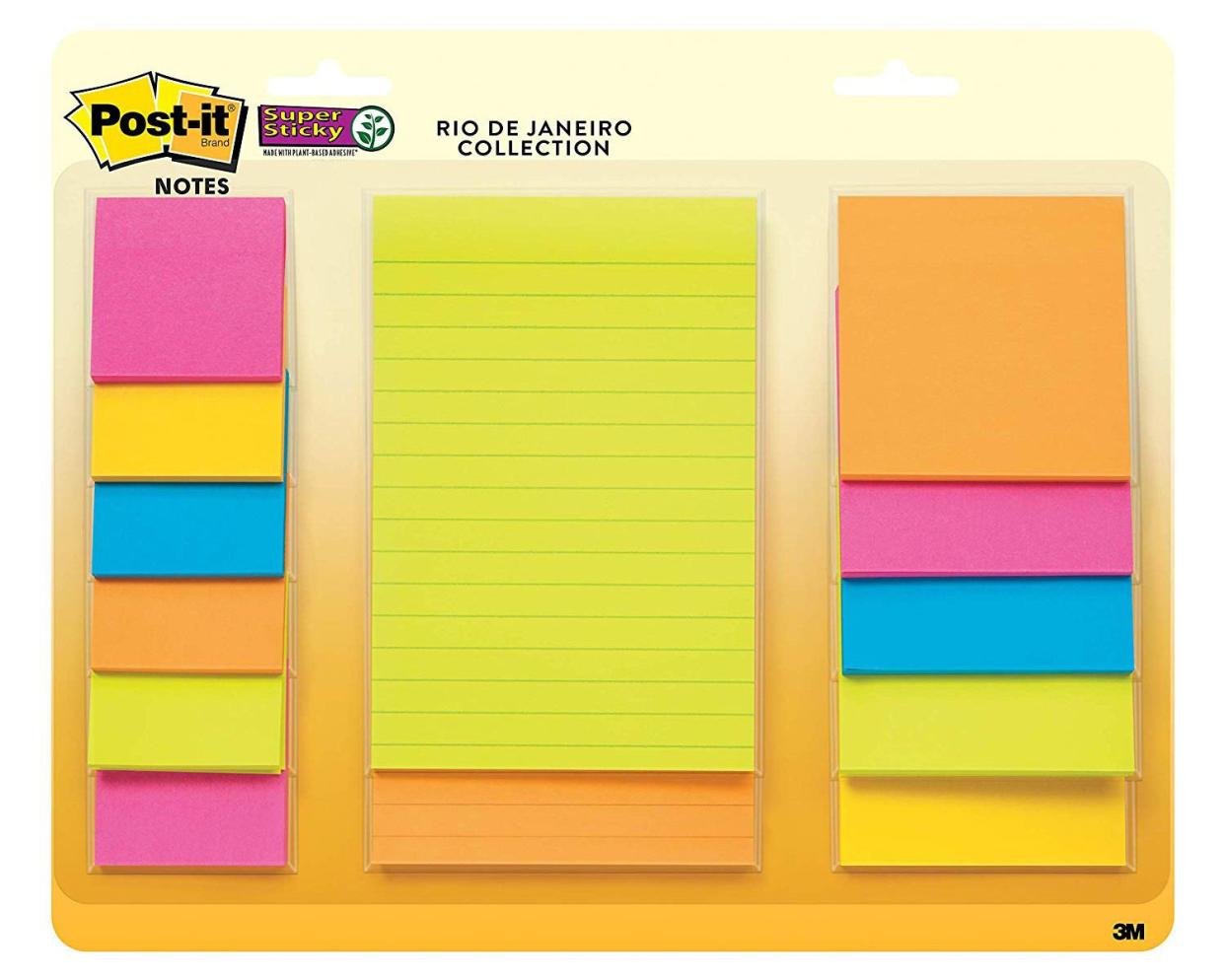
Post-it Note
The Post-it Note was born after 3M scientist Dr. Spencer Silver failed at inventing a strong adhesive, and instead produced a light adhesive that would not damage surfaces. Fellow 3M scientist Art Fry later came up with the idea to use it on paper slips to create bookmarks. 3M began selling Post-it Notes in 1979, and since then, many have used the brand name to describe any kind of sticky note.
This article was originally published on Cheapism

More From Cheapism
Like Cheapism's content? Be sure to follow us.
